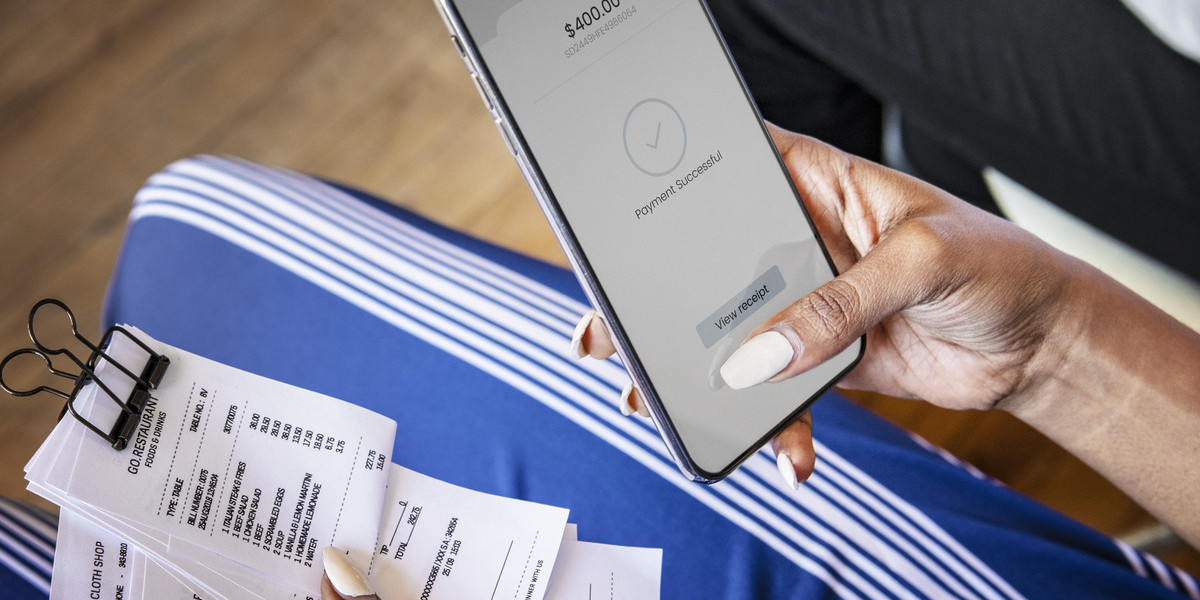
Indonesia insists B40 biodiesel application to proceed on Jan. 1
Industry participants looking for phase-in duration anticipate progressive introduction
Industry deals with technical challenges and expense issues
Government financing problems emerge due to palm oil cost disparity
JAKARTA, Dec 18 (Reuters) - Indonesia's strategy to broaden its biodiesel mandate from Jan. 1, which has actually fuelled concerns it might curb global palm oil products, looks progressively likely to be carried out slowly, experts said, as industry participants look for a phase-in period.
Indonesia, the world's greatest producer and exporter of palm oil, plans to raise the necessary mix of palm oil in biodiesel to 40% - called B40 - from 35%, a policy that has actually activated a dive in palm futures and may push prices even more in 2025.
While the federal government of President Prabowo Subianto has actually said consistently the plan is on track for full launch in the new year, industry watchers state costs and technical difficulties are most likely to lead to partial execution before complete adoption across the sprawling archipelago.
Indonesia's biggest fuel retailer, state-owned Pertamina, stated it needs to modify some of its fuel terminals to mix and store B40, which will be completed during a "shift period after government establishes the mandate", representative Fadjar Djoko Santoso told Reuters, without providing information.
During a meeting with government officials and biodiesel producers recently, fuel merchants asked for a two-month shift period, Ernest Gunawan, secretary general of biofuel producers association APROBI, who remained in attendance, told Reuters.
Hiswana Migas, the fuel sellers' association, did not immediately react to a demand for remark.
Energy ministry senior main Eniya Listiani Dewi told Reuters the required hike would not be implemented gradually, which biodiesel producers are prepared to provide the higher blend.
"I have actually confirmed the preparedness with all producers last week," she said.
APROBI, whose members make fatty acid methyl ester (FAME) from palm oil to be blended with diesel fuel, stated the government has not released allotments for manufacturers to offer to fuel merchants, which it usually has done by this time of the year.
"We can't perform without order files, and purchase order files are acquired after we get agreements with fuel business," Gunawan informed Reuters. "Fuel business can only sign contracts after the ministerial decree (on biodiesel allotments)."
The federal government prepares to allocate 15.62 million kilolitres (4.13 billion gallons) of FAME for B40 in 2025, Eniya told Reuters, less than its preliminary quote of 16 million kilolitres.
FUNDING CHALLENGES
For the federal government, moneying the higher blend could also be a challenge as palm oil now costs around $400 per metric ton more than petroleum. Indonesia uses proceeds from palm oil export levies, managed by an agency called BPDPKS, to cover such spaces.
In November, BPDPKS estimated it needed a 68% increase in subsidies to 47 trillion rupiah ($2.93 billion) next year and approximated levy collection at around 21 trillion rupiah, fuelling market speculation that a levy hike impends.
However, the palm oil industry would object to a levy hike, said Tauhid Ahmad, a senior expert with think-tank INDEF, as it would hurt the market, consisting of palm smallholders.
"I believe there will be a hold-up, because if it is executed, the subsidy will increase. Where will (the money) come from?" he stated.
Nagaraj Meda, managing director of Transgraph Consulting, a product consultancy, said B40 execution would be challenging in 2025.
"The application might be sluggish and steady in 2025 and most likely more hectic in 2026," he said.
Prabowo, who took office in October, campaigned on a platform to raise the required further to B50 or B60 to achieve energy self-sufficiency and cut $20 billion of annual fuel imports. ($1 = 16,035.0000 rupiah) (Reporting by Bernadette Christina; Editing by Tony Munroe and Lincoln Feast.)










